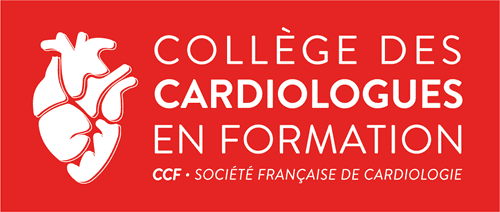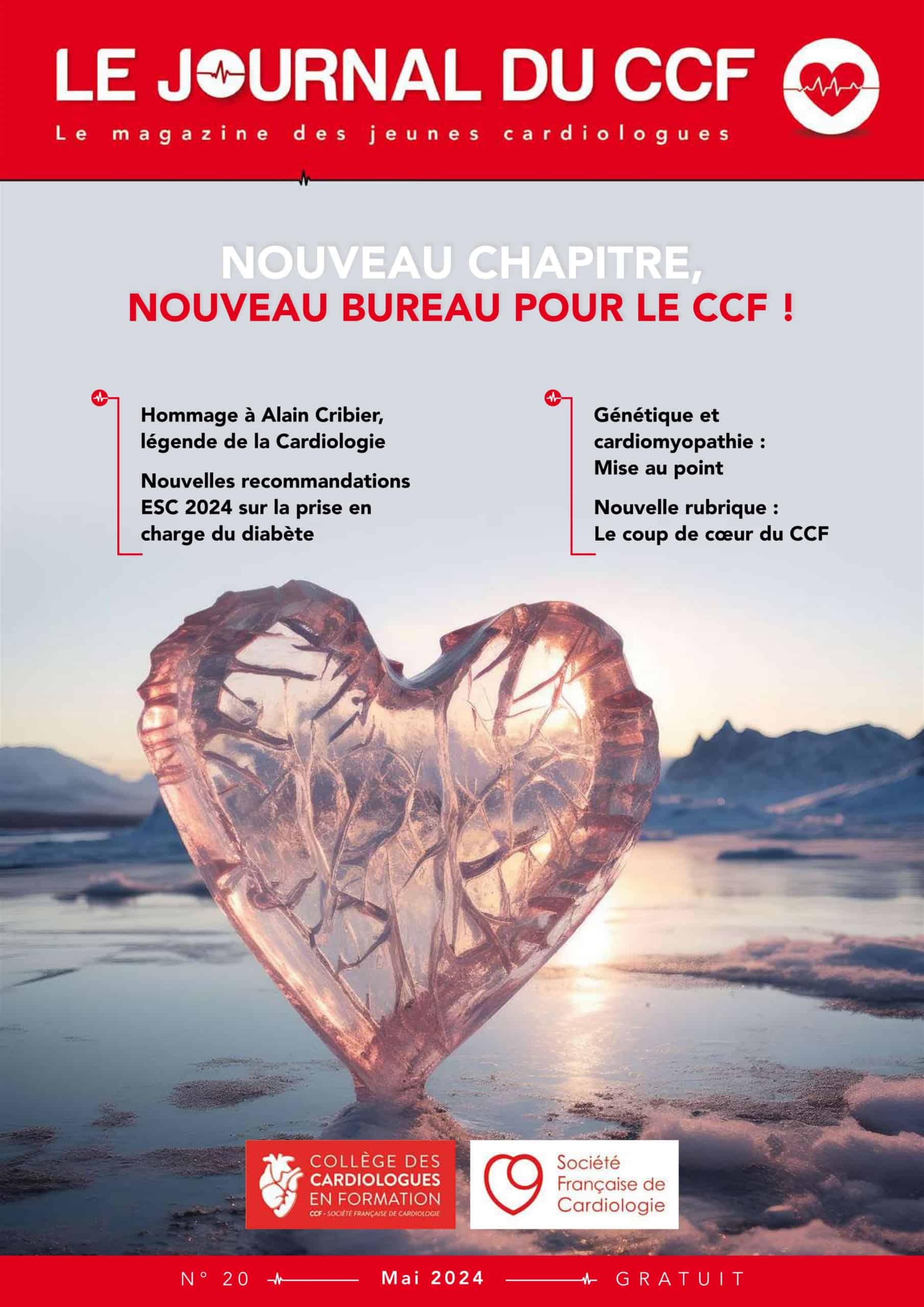Suivez nous sur les réseaux sociaux
Cet outil a vocation à informer, diffuser l’information auprès des jeunes cardiologues (internes, assistants, chefs de cliniques, jeunes praticiens, etc.), et faciliter les échanges.
Voici un aperçu rapide des sujets abordés dans cette publication :
Toutes nos publications
Une question ?
Publications
COVID-19 severity in kidney transplant recipients is similar to nontransplant patients with similar comorbidities
Voici un aperçu rapide des sujets abordés dans cette publication :
COVID-19 severity in kidney transplant recipients is similar to nontransplant patients with similar comorbidities
Nathalie Chavarot, Juliette Gueguen, Guillaume Bonnet, Mariam Jdidou, Antonin Trimaille, Carole Burger, Lucile Amrouche, Orianne Weizman, Thibaut Pommier, Olivier Aubert, Joffrey Celier, Rebecca Sberro-Soussan, Laura Geneste, Vassili Panagides, Michel Delahousse, Wassima Marsou, Claire Aguilar2, Antoine Deney, Julien Zuber, Charles Fauvel, Christophe Legendre, Delphine Mika, Theo Pezel, Dany Anglicheau, Willy Sutter, Mohamad Zaidan, Renaud Snanoudj, Ariel Cohen, Anne Scemla, for the Critical COVID-19 France Investigators
American Journal of Transplantation, Volume 21, Issue 3, March 2021, Pages 1285-1294
PMID: 33252201
DOI: 10.1111/ajt.16416
Abstract
Higher rates of severe COVID-19 have been reported in kidney transplant recipients (KTRs) compared to nontransplant patients. We aimed to determine if poorer outcomes were specifically related to chronic immunosuppression or underlying comorbidities. We used a 1:1 propensity score-matching method to compare survival and severe disease-free survival (defined as death and/or need for intensive care unit [ICU]) incidence in hospitalized KTRs and nontransplant control patients between February 26 and May 22, 2020. Patients were matched for risk factors of severe COVID-19: age, sex, body mass index, diabetes mellitus, preexisting cardiopathy, chronic lung disease, and basal renal function. We included 100 KTRs (median age [interquartile range (IQR)]) 64.7 years (55.3–73.1) in three French transplant centers. After a median follow-up of 13 days (7–30), transfer to ICU was required for 34 patients (34%) and death occurred in 26 patients (26%). Overall, 43 patients (43%) developed a severe disease during a median follow-up of 8.5 days (2–14). Propensity score matching to a large French cohort of 2017 patients hospitalized in 24 centers, revealed that survival was similar between KTRs and matched nontransplant patients with respective 30-day survival of 62.9% and 71% (p = .38) and severe disease-free 30-day survival of 50.6% and 47.5% (p = .91). These findings suggest that severity of COVID-19 in KTRs is related to their associated comorbidities and not to chronic immunosuppression.


